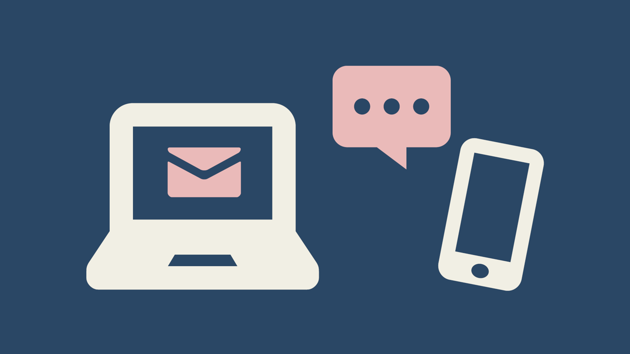An adult needs between six and nine hours of sleep to feel thoroughly refreshed. If you often sleep a lot more or a lot less, it can have negative effects on your health, but you do not need to worry if your sleep is disrupted for one or a few nights.
Eight tips on how to improve your sleep
- Drinking caffeine such as coffee, tea, caffinated fizzy drinks or energy drinks in the morning can boost you and make you alert in the day, but avoid caffeine later in the day. If you drink caffeine two hours before bedtime at night, you postpone your natural tiredness for over half an hour.
- Alcohol may have a soothing effect, but your sleep most often becomes lighter, and you can wake up repeatedly during the night. The risk of snoring and interrupted breathing increases and your REM sleep is negatively affected.
- Nicotine can also disrupt sleep. It can both take longer to fall asleep if you smoke or snuff, and there is a risk that you will wake up during the night.
- Try to go to bed and wake up at the same time every day. It takes your brain one day to adapt to an hour’s adjustment of your daily rhythm. Avoid sleeping in the day.
- Go outside! Daylight is good for your sleep, even on cloudy days.
- Exercise! Physical activity often improves your sleep.
- Keep your sleeping area dark, cool and quiet when you are sleeping.
- Avoid blue-light emitting screens before bedtime. Bear in mind that some activities in the evening can wake you up unnecessarily and make it harder to fall asleep.
Keep a sleep diary
To give you a clearer image of how you sleep, you can keep a sleep diary when you wake up every morning. Note down what you have done in the day in a behaviour diary. Take note if there is anything you find may have affected your sleep positively or negatively. Consider if you could do more of what affected your sleep positively.
Use these templates as guide for your diaries.
Self-help guide
Do you want to learn more about your sleep problems and find more ways to manage them? Try to work through a self-help guide that uses cognitive behavioural therapy (CBT) and expert advice to manage sleep problems. The entire programme takes about 30–40 minutes to work through.
Take the self-help guide on the NHS inform webpage
Why sleeping is important for your studies
If you want to learn more about the importance of sleep in order to learn new things, you can watch a short UR play video (47 seconds). You can turn on subtitling in several languages through the settings. Watch the film The importance of sleep (UR Play)
Do you need more help?
You are always welcome to contact the Student Health Service if you need more support to improve your sleep or to change your alcohol or tobacco habits. Contact the Student Health Service
If you want help to stop using tobacco (cigarettes, snuff or electronic cigarettes), you can get free support through Sluta röka-linjen, the quit smoking helpline. Learn more about Sluta röka-linjen
You can also turn to your nearest health centre for help. Call 1177 for help on what to do. Call +46 771 11 77 00 if you are calling from an international phone.



